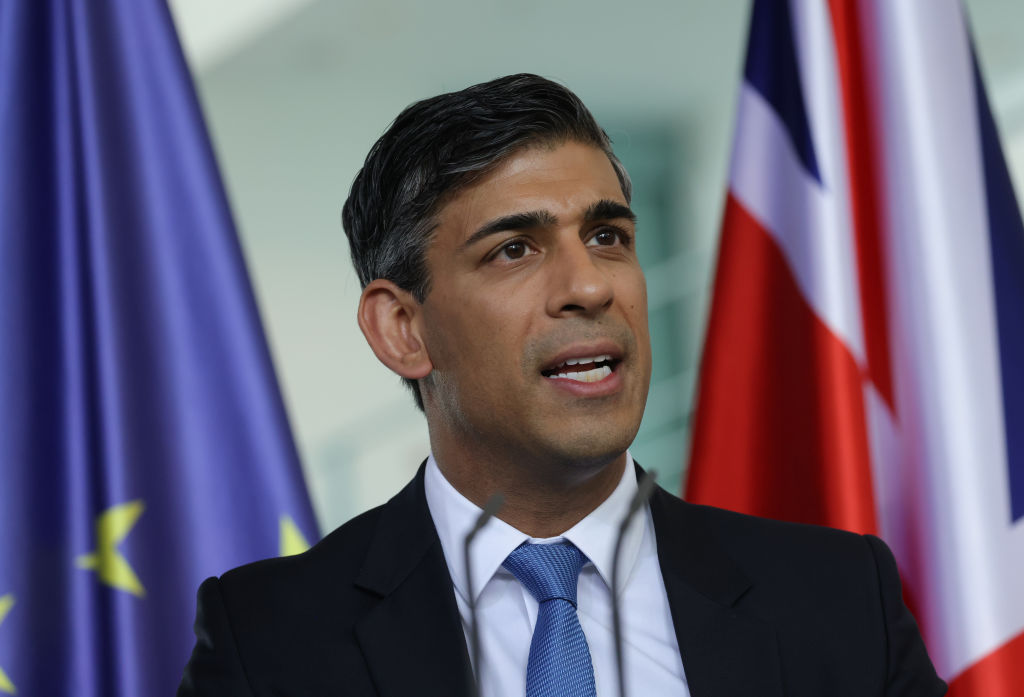It is fashionable within Westminster to criticise the Rwanda plan. The likes of Suella Braverman, Robert Jenrick and Reform on the right can often be found echoing Labour’s criticisms on the left that the current scheme is both flawed and unworkable. Yet one place where Rwanda is credited with having a deterrent effect is across the Irish Sea.
Micheál Martin, Ireland’s deputy prime minister, is now explicitly blaming the scheme for an increase in asylum seekers entering his country from Northern Ireland. ‘I believe the Rwanda effect is impacting on Ireland’, he said on Wednesday night. ‘It is having real impact on Ireland now in terms of people being fearful in the UK.’ Helen McEntee, the justice minister, estimates that more than 80 per cent of asylum seekers in Ireland have crossed the open border.
Such comments have been seized upon in London as proof that the scheme is working. Rishi Sunak proudly told Trevor Phillips on Sunday that Martin’s comments showed that the ‘deterrent is already having an impact because people are worried about coming here’. He said that the flow of migrants to Ireland ‘demonstrates exactly what I’m saying: if people come to our country illegally, but know that they won’t be able to stay, they’re much less likely to come.’
The Irish High Court did rule four weeks ago that Britain is not a safe country for asylum applicants because of the Rwanda plan. It is therefore conceivable that some migrants in Britain thought Ireland would be a safer bet to staking their claims here long-term. But this loophole, which is barely a month old, can scarcely account for the numbers that the Irish government claims arrived before then. McEntee’s ’80 per cent’ figure is also suspect, as Michael Murphy notes here.
The more immediate impact of the Rwanda scheme is that it is enabling the UK government to have the kind of conversations that they want on migration. As one source put it: ‘We won’t accept any asylum returns from the EU via Ireland until the EU accepts that we can send them back to France.’ Under James Cleverly, the Home Office has been more keen to stress the multi-dimensional, pan-European elements of the migration crisis, rather than depicting the UK as being a ‘Perfidious Albion’ rogue-state style-actor. Ireland’s enthusiasm for a returns deal to Britain helps normalise the UK’s demand for a similar agreement with France.
Within Whitehall, there is some wry amusement at the Irish briefing over the weekend. One Dublin insider attacked Sunak’s comments as ‘party political bullshit’ – a charge that equally could be levelled at the actions of the Irish government. Historically, it has been Britain wrestling with both migration crises and entry from the Common Travel Area. Now, it is Ireland which is considering emergency laws and expressing concerns about border crossings.
With migration fast becoming one of Ireland’s most salient political issues, Micheál Martin’s own Fianna Fáil party remains rooted at third in the polls. As both London and Dublin try to play to their domestic political audience, both sides have a vested interest in talking up the impact of the Rwanda scheme – even before a single flight has got off the ground.







Comments